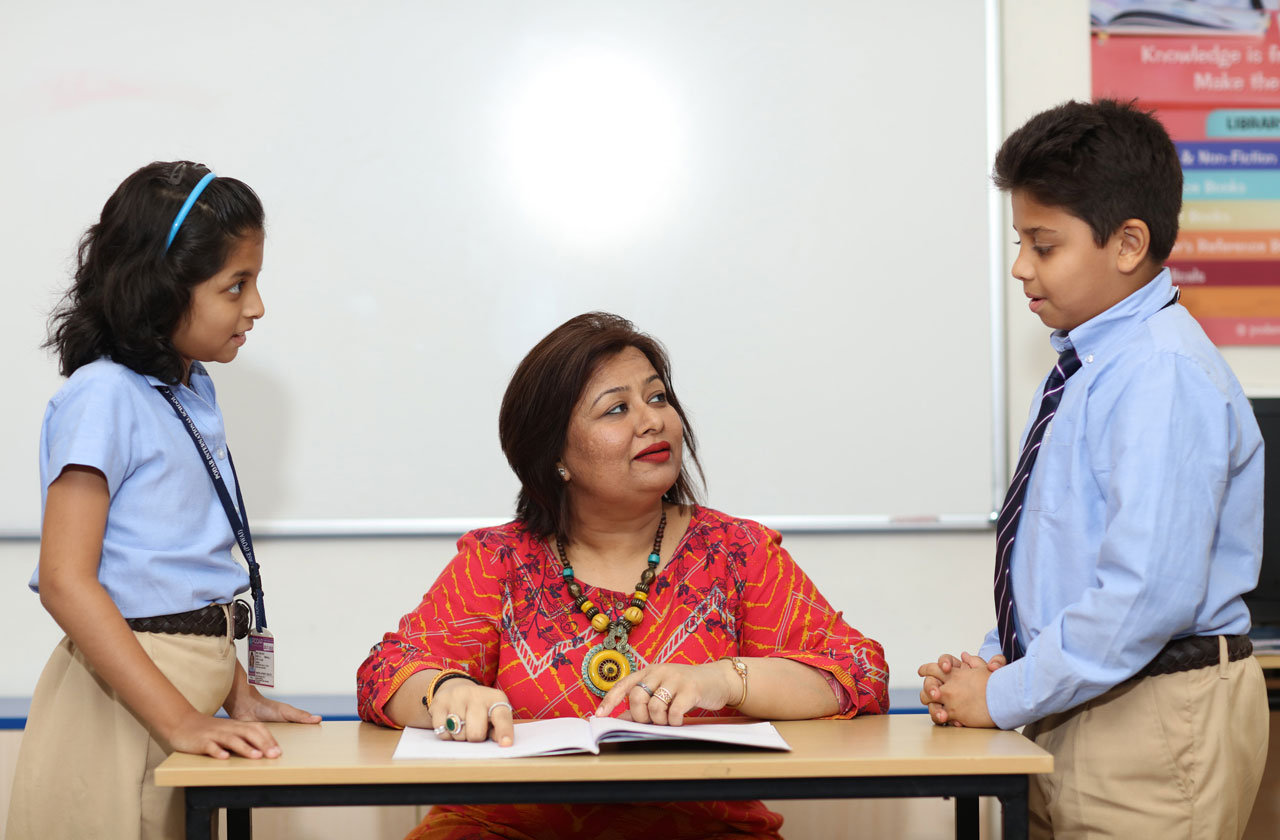5 Most Effective Disciplinary Techniques for your Child's Brighter Future
Every child is chaotic, rebellious and fun in their own way. They have unique temperaments and ways of dealing with unprecedented situations around them. As a parent, one of your responsibilities revolves around teaching your child to behave. Most traditional disciplinary techniques involved unhealthy punishments that lacked empathy and communication. Capital punishment, scolding and any other form of punishment can have long-term consequences on your child's self-esteem and confidence. Moreover, it may not really help them change their behaviours either. However, these disciplinary methods have long been replaced by healthier ones. Today, there is plenty of research on effective disciplinary techniques for your child's bright future that are based on compassion and respect.
Treat them like adults
There are so many reasons why treating your kid like an adult is one of the most effective discipline techniques. However, this in no way means that you just expect them to deal with finances or do chores on their own. It is important for your child to feel like they are on the same level as you. Talk to them with compassion and respect, and let them know that you have faith in them to change their behaviour. Initiate one-on-one conversations when your child messes something up, discuss what both of you think about the problem and how it can affect your child down the line.
Reward their good behaviours
If you always bring up your child's bad behaviours but don’t acknowledge their good ones, it might push them to stop trying. According to experts, rewarding your child for their good behaviour can directly impact their self-worth. Lack of feelings of worthiness leads to lowered mood and motivation to show up. So when your child shows good behaviour reward it with a compliment, a trip to their favourite park or some time off to do what they want. It is essential to practise positive discipline techniques such as praise and reward for their healthy development.
Ignore the little things
Children thrive on attention - both negative and positive. As a parent, you must have seen kids use a particular negative behaviour (such as screaming) even though you've scolded them for it before. In situations like this, ignoring is one of the most useful disciplining techniques used by parents. Just pretend like you aren't noticing your child when they throw tantrums, intentionally drop food or break toys. It might be challenging, but over time they will know that their negative behaviours are not working. However, knowing what behaviours to ignore and what might need attention is an ongoing process and it would be best to consult a specialist in this regard.
Be calm
It can be frustrating to see your child being defiant about eating healthy food or doing their homework. However, the key to building discipline is to stay calm and supportive. Scolding them every time they misbehave is a form of emotional abuse that can have long-term effects on their mental health. So if you are feeling upset, take some time off and talk to them when you feel ready to. You can then practice appropriate discipline techniques that can help strengthen your bond and encourage them to learn.
Set limits for your children
Children usually have low attention spans and may not always remember something you've addressed a long time ago. Moreover, changing behaviours is an ongoing process where patience, constant reminders and support are crucial. One of the best discipline methods is to communicate your expectations of them clearly. Make fun posters around the house that talk about "house rules that need to be obeyed by everyone". Something like "behave properly" might be too vague but "don't drop your food" is more precise and addresses one specific behaviour. Identify what your child needs to change and address each one individually over specific intervals of time.
Conclusion
Raising your child to be responsible requires a lot of patience and support on your part. Sit down and plan, prepare yourself to be calm and patient, and consciously reward their positive behaviours. Your child will be more responsible because they feel respected, ignored when they misbehave and rewarded for good behaviours. It's a long process that might take months to show results but it's the best way to discipline your child for their bright future.
Every child is unique and requires personalised attention to help them be the best version of themselves. The Podar Education Network works with dedicated professionals who provide positive discipline techniques in the classroom. We incorporate positive discipline strategies in the classroom so the student learns in a healthy way.
share this blog
Topics

